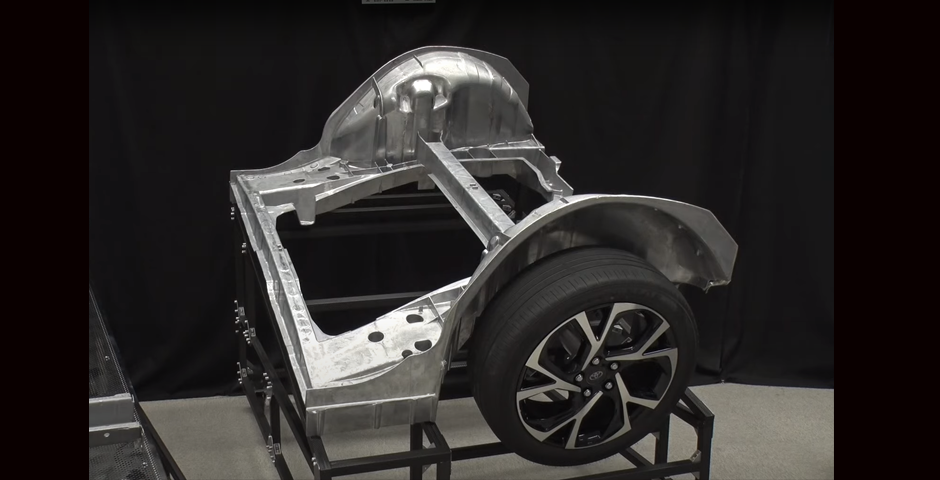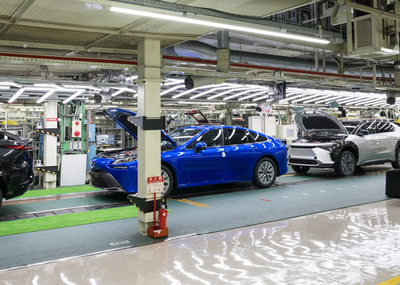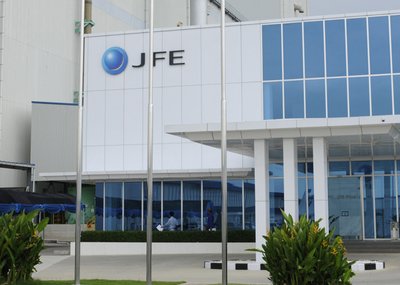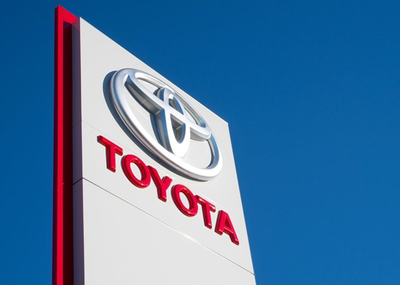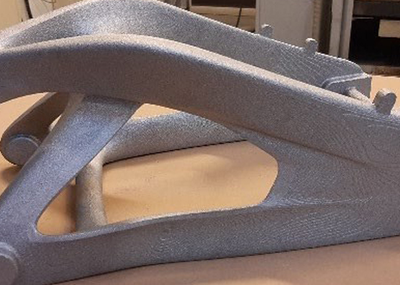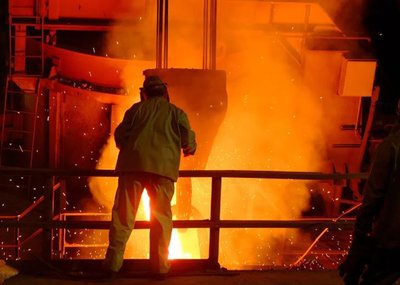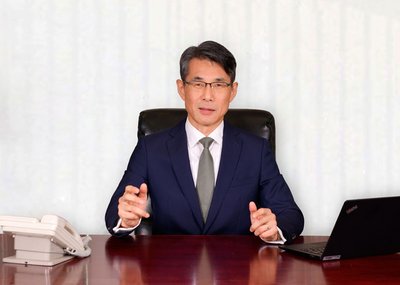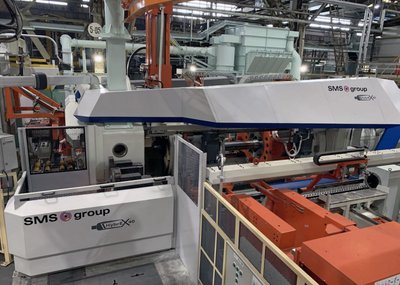Japanese car group Toyota Motor Corporation has shown the first giga casting that will help it achieve a lower cost of manufacturing for upcoming all-electric vehicles based on an all-new architecture that will come to market in 2026.
From the video embedded above and the single photo released by Toyota, it appears that the Japanese automaker has made a giga casting for the rear section of a vehicle, similar to what Tesla is doing for the Model Y and the upcoming Cybertruck.
The Aichi-based group has said in the past that it will take inspiration from Tesla’s manufacturing processes, such as the use of giga presses, to simplify production and ultimately lower costs and increase its profit margins.
Although Toyota didn’t mention the differences between the old rear section and the new one, we can make out from the photo that the previous iteration was made up of at least 33 different components, while the giga casting is just one big piece of metal, which the Nippon manufacturer says will help dramatically reduce the number of processes involved during production, as well as the necessary investments.
In the official release, Toyota mentions that the new EV platform will have three main components that make up a modular structure – front, center – which houses the battery pack – and rear section.
The first EV based on the new, purpose-built architecture will debut in 2026 under the Lexus brand, with a next-gen lithium-ion battery that will enable a driving range of over 600 miles (965 kilometers), according to Toyota Motor Corporation.
The next step in the company’s plan to become “the world leader in batteries” is scheduled for 2026-2027 and involves the development of a bipolar lithium iron phosphate battery that can reduce costs by 40 percent compared to the previous iteration, while an advanced bipolar lithium iron battery with 10 percent more range is scheduled to go into production in 2027-2028.
However, the biggest claim in Toyota’s new electrification plan is an advanced solid-state battery pack that will arrive after 2028 and will offer a range of over 900 miles (1,448 km) on a full charge.
As always, we’d like to know what you think about this, so head over to the comments section below to give us your thoughts.
Source: www.insideevs.com

